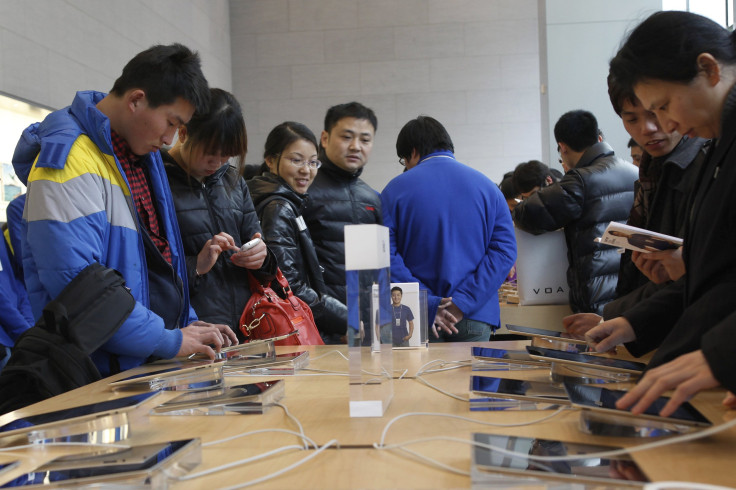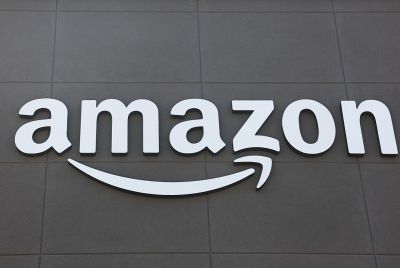Big Companies Quake In Fear Before China's Annual '3.15' Consumer Rights TV Show

Companies in China better watch out: The annual Chinese television program that exposes the worst company practices is about to air.
Every year, China’s state-run media company, CCTV, broadcasts its "Consumer Day Gala" program, which highlights the rights of the Chinese consumer -- while also targeting a range of companies for various consumer-unfriendly practices. The popular “3.15 Gala,” named for the date it airs every year, marks World Consumer Rights Day and features undercover and investigative journalism focusing on injustices and violations of rights affecting the Chinese consumer.
Without naming any companies, the gala’s director announced that the show this year will focus on industries including automotive, consumer electronics, food, e-commerce and online management services. Companies hold their breath leading up to March 15, hoping that they were not targeted in this year’s report. Shaun Rein, the managing director of China Market Research Group in Shanghai, explained to Bloomberg that the CCTV report is widely watched and has embarrassed big companies.
“It’s become an annual hunt, and companies are petrified,” Rein said. “There’s real fear because companies feel that CCTV has the tacit support of the central government, or at least some senior people in it. These reports have a huge impact and can tarnish reputations.”
Allegations put forth by the reports in the past have resulted in real changes and improvements from companies like Volkswagen AG (ETR:VOW) and Apple Inc. (NASDAQ: AAPL).
Here’s a look at some of the international companies the 3.15 reports have targeted in the past:
Apple: Last year, Apple was accused of skirting some of its warranty promises and creating new customer-service policies that discriminated against Chinese customers by not only CCTV, but also by the People’s Daily, the official mouthpiece of the Communist Party. Two weeks after the allegations, Apple CEO Tim Cook issued an official apology in Chinese, posted on Apple China websites, solving the issues with the warranties and promising to prioritize and streamline customer communication.
Volkswagen: The German automotive company announced the recall of 384,181 of its vehicles in China after a CCTV expose during the gala. The program detailed several cases where gearboxes were causing unpredictable changes in speed. Volkswagen’s immediate response was to launch an investigation into its manufacturing partners before issuing a formal recall.
McDonald’s (NYSE:MCD): In 2012, CCTV’s consumer reporters set their sights on the Golden Arches. As food safety continues to be an issue all across China, the food industry seems to be a natural target for these kinds of investigative reports. Reporters found that a McDonald’s in Beijing was selling products well past their allowed shelf time and exchanging expiration dates on packaging, among other food safety issues. Just hours after the broadcast of the report, McDonald’s took to its account on popular social media website Weibo to express apologies. It also launched an inspection to deal with the allegations.
Carrefour (EPA:CA): With food safety at the forefront of consumer issues in China in 2012, Carrefour was also investigated by CCTV. The network found that a Carrefour outlet in the central Chinese city of Zhengzhou was selling expired chicken but also relabeling regular chicken as free-range to charge higher prices. Like McDonald’s, Carrefour also immediately took to its Weibo account to apologize and took measures to fix the problem.
Virtually no industry is safe from investigation. Other reports found missteps at South Korea’s Kumho Tire Company (KRX:073240) and Hyundai Motor Co. (KRX:005380); U.S.-based Hewlett-Packard (NYSE:HPQ); and even at China’s own companies, like China Merchants Bank Co. Ltd. (SHA:600036) and the state-controlled Industrial & Commercial Bank of China (SHA:601398).
© Copyright IBTimes 2025. All rights reserved.






















